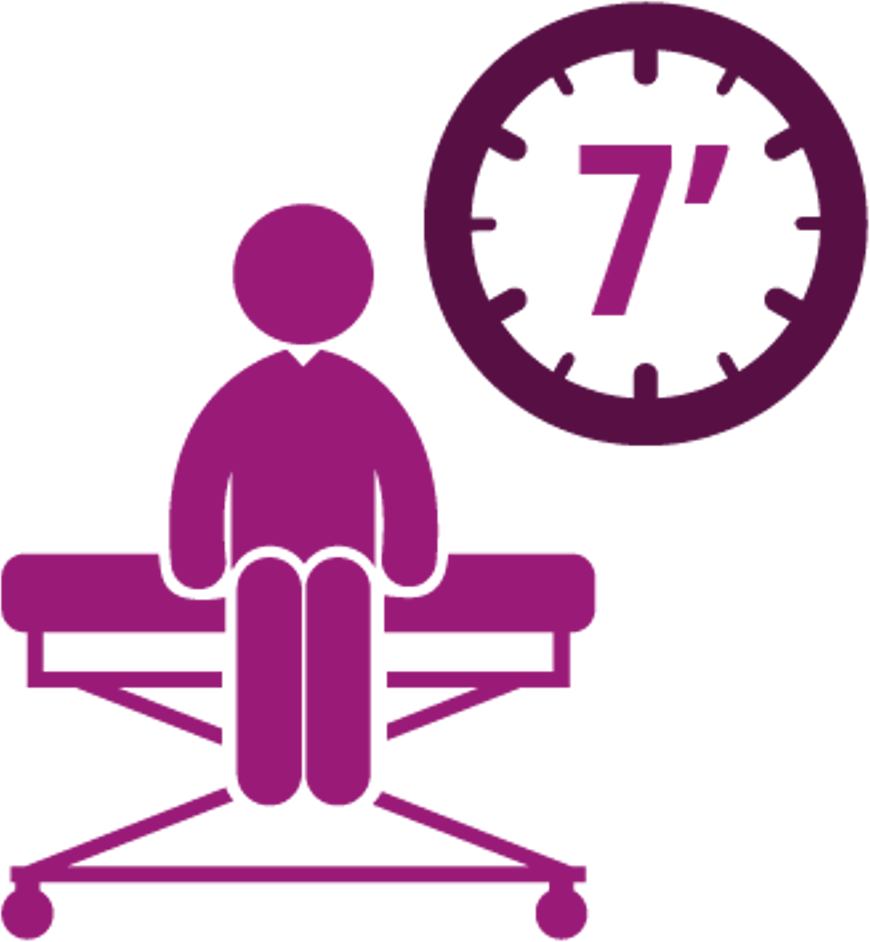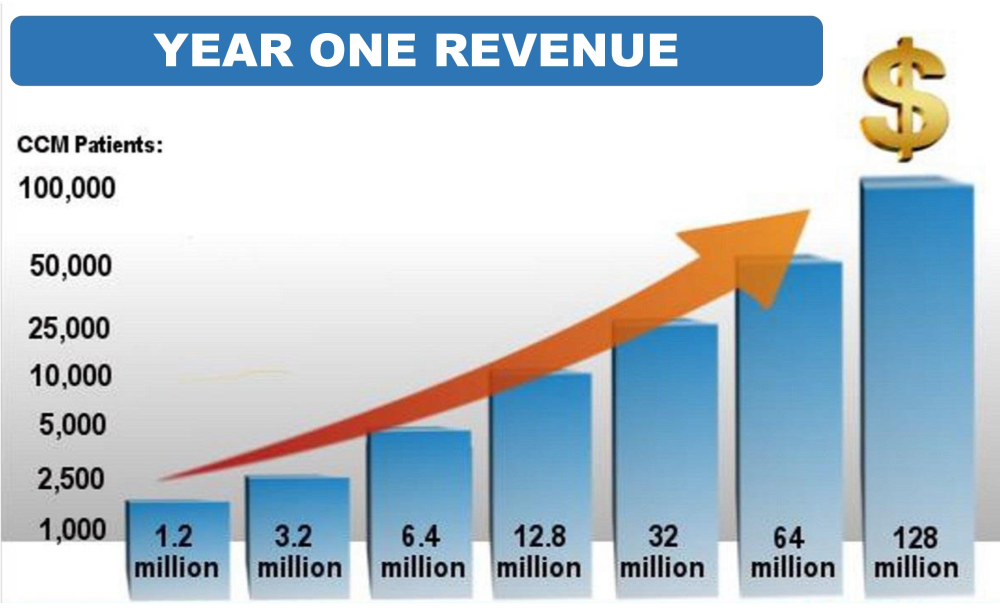
Provider-Patient Interaction
Providers average 7-10 minutes in the exam room with each patient, and even then, the electronic health record (EHR) receives some of the attention.
When patients have multiple chronic diseases, it's improbable - within 7-10 minutes - to adequately educate them on their chronic conditions, medication adherence, plan of care, care coordination among all providers, and help them create goals.
The Risks of Low Engagement
Lower patient engagement is linked to higher rates of ER visits and re-hospitalization as well as less compliant with medications and treatment plans. While 28% of low-activated patients will be readmitted within 30 days of discharge, that number is significantly less at 12.8% for patients who are more involved in their treatment plan.
28%
will be readmitted to the hospital within 30 days of discharge.
35.8%
will experience a medical error due to miscommunications.
41.8%
have poor care coordination between providers.
48.6%
experience health consequences as a result of poor communication.
59.8%
lose confidence in the healthcare system.
Source: Adapted from AARP & You, “Beyond 50.09” Patient Survey.
How We Engage Your Patients
Our Care Coaches utilize proven clinical, behavioral, and educational principles along with advanced communication skills training to ensure better interaction with patients and providers.
Managing chronic diseases requires a fundamental shift in thinking, from a reactive model - treating patients mainly when they become sick or enter your exam room - to a proactive model focused on prevention and wellness before sickness occurs. This approach requires meaningful communication to patients beyond your exam room - and on a regular schedule.
Chronic Care Management Highlights
Patient-Centered
Implement provider-guided, patient-centered care plan using clinical, behavioral, and educational measures.
Identify Barriers
By identifying barriers, we develop positive health outcomes by addressing healthcare behaviors in both patients and provider.
Care Coordination
Address communication barriers between care providers and patients utilizing specific behavioral, clinical, and educational principles to encourage change.
Medication Reconciliation
Medication reconciliation with review of adherence and any interactions; and oversight of patient self-management of medications.
24/7 Care
Anytime access will support patient’s full electronic record and documentation of their progress with our program.

The Future of Medicare Payments
You Can't Do CCM With Your EHR/EMR
By using predictive analytics, patients with "low," "medium," "high," and "rising" clinical and financial risks are identified. By combining risk scores with other medical and scientific data, our Care Coaches will trigger personalized preventative plan services and other necessary treatments and/or testing procedures in a systematic way to support regular Doctor office visits. By managing each patient's personalized care plan and prioritizing interventions – all within a single workspace – Providers gain a 360-degree view of each patient, guiding better decisions at the point of care.
Financial Forecast
Making important business decisions demands accurate intelligence. Get your comprehensive financial analysis - based on your service area - and get the knowledge you need to forecast your population effectively.


See the Difference
Discover the most comprehensive solutions for chronic care management, MACRA, and beyond...
Use our online contact form and schedule your personal online tour.

